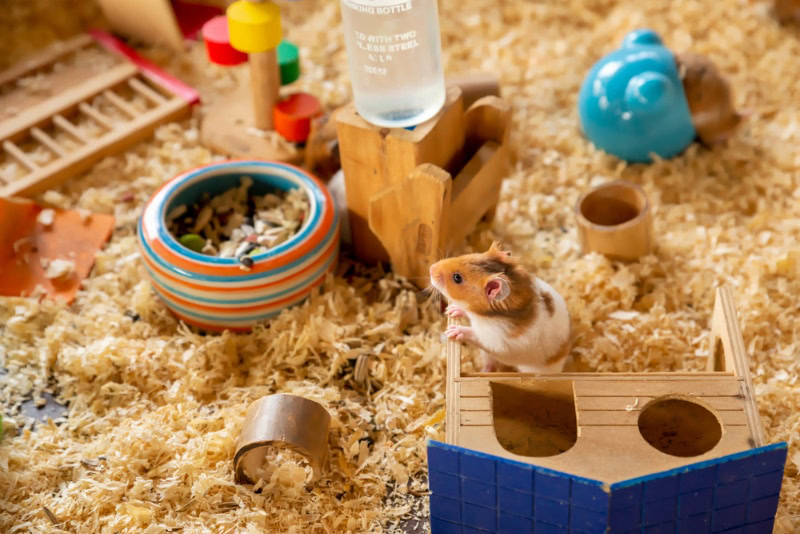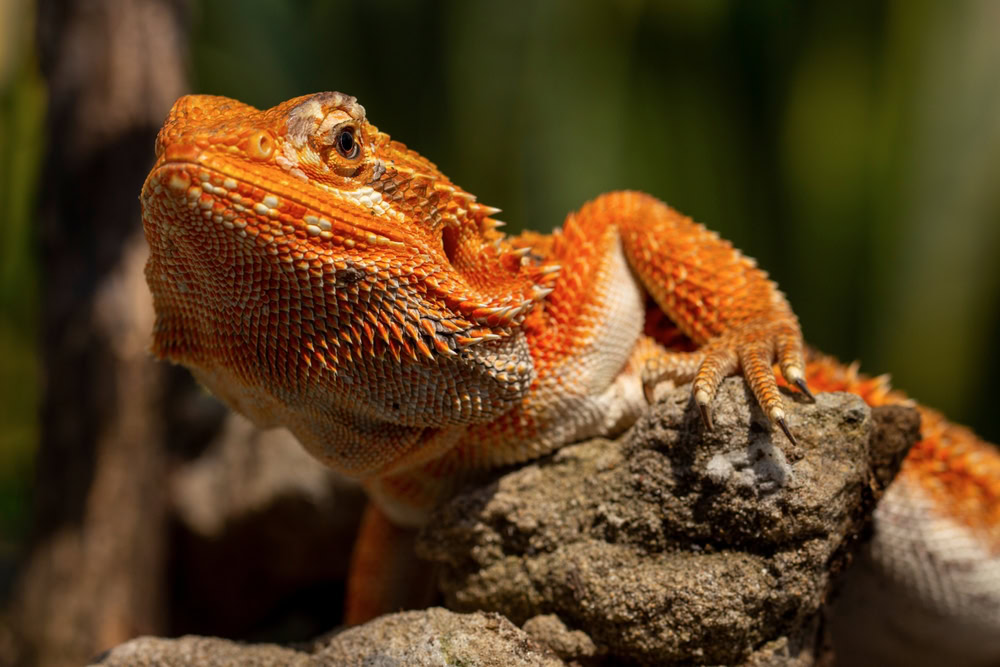VET APPROVED

The information is current and up-to-date in accordance with the latest veterinarian research.
Learn more »Click to Skip Ahead
Many pet owners may wonder if their furry little hamster needs a companion. After all, don’t we all need a friend? Can hamsters live alone, or do they, too, need a friend? For hamsters, the answer is surprisingly no, they don’t need a friend. These adorable creatures are solitary by nature and thrive best when they have their own space. Let’s learn more about a hamster’s solitary nature in this article.

Can Hamsters Live Alone?
Contrary to some beliefs, hamsters not only can live alone, but they actually prefer it. Living alone allows them to establish their territory without feeling threatened by other hamsters. Hamsters are solitary animals and do not need the company of other hamsters to thrive.
Exceptions
Most hamsters prefer to live alone, but there are exceptions. Dwarf hamsters, for instance, can sometimes live in pairs or small groups if introduced at a young age. The odds of cohabitation success is somewhat better if they are littermates. However, close monitoring is necessary in these cases to prevent any fighting. If you decide to keep more than one dwarf hamster together, it’s crucial to provide them with sufficient space and resources to avoid territorial disputes.
In addition, hamsters can mate with their siblings, and therefore, you should separate them by sex. Female hamsters are considered more territorial and aggressive in comparison to males. However, males too may squabble and fight.
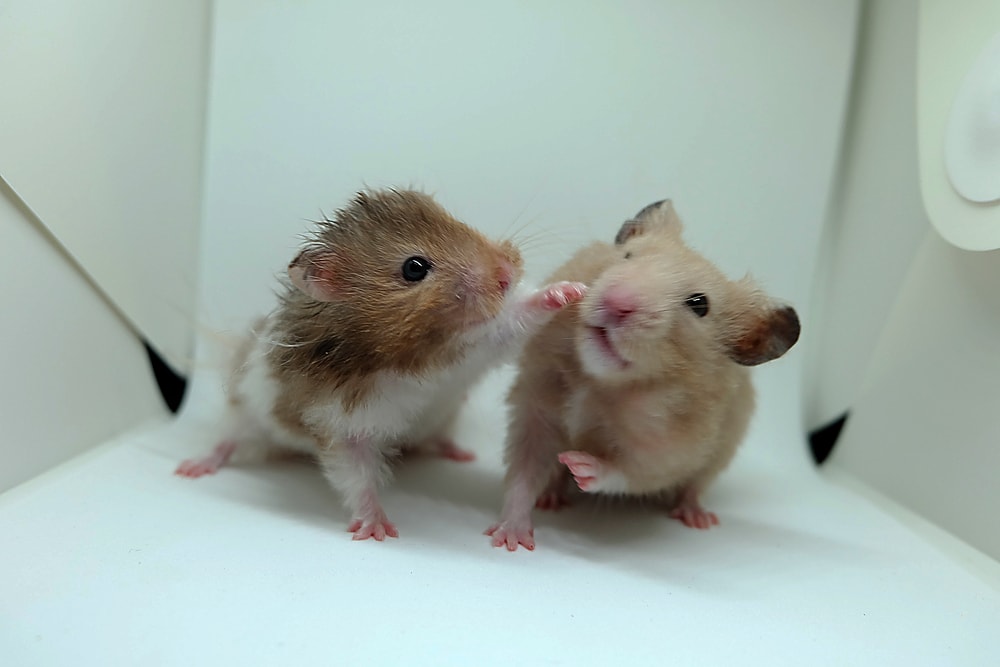
Hamsters Are Solitary Creatures
Hamsters, particularly Syrian and Chinese hamsters, are solitary by nature. Unlike some other small mammals that live in colonies or groups, hamsters lead largely independent lives. This solitary behavior is deeply ingrained in their nature and has its roots in the wild habitats from which they originate.
In the wild, hamsters prefer to live alone, each occupying their own burrow or nest. The burrow serves as a safe haven where the hamster sleeps, eats, stores food, and escapes from predators. Sharing this space with another hamster can lead to stress and conflict as they can become territorial if their space is invaded.
The solitary nature of hamsters extends to their life as pets. They are quite content having their own space and do not require the company of other hamsters. In fact, housing two Syrian or Chinese hamsters together, even if they are siblings, can lead to serious fights.
Hamsters Have a Territorial Nature
Along with being solitary, hamsters are also known for their territorial behavior. This trait is especially prominent in Syrian hamsters, which are often referred to as “Golden” or “Teddy Bear” hamsters.
Territoriality in hamsters means they have a strong instinct to protect and defend their living space. If another hamster is introduced into their territory, they will immediately perceive it as a threat. This could result in aggressive behavior and fights, which can sometimes be fatal.
Contrary to what one might think, the territorial nature of hamsters does not indicate that they are inherently aggressive or unfriendly creatures. Rather, it’s a survival instinct that has evolved over thousands of years to ensure their survival in the wild. As pet owners, it’s crucial to respect this aspect of their behavior and provide them with a living environment where they can feel secure and unthreatened.
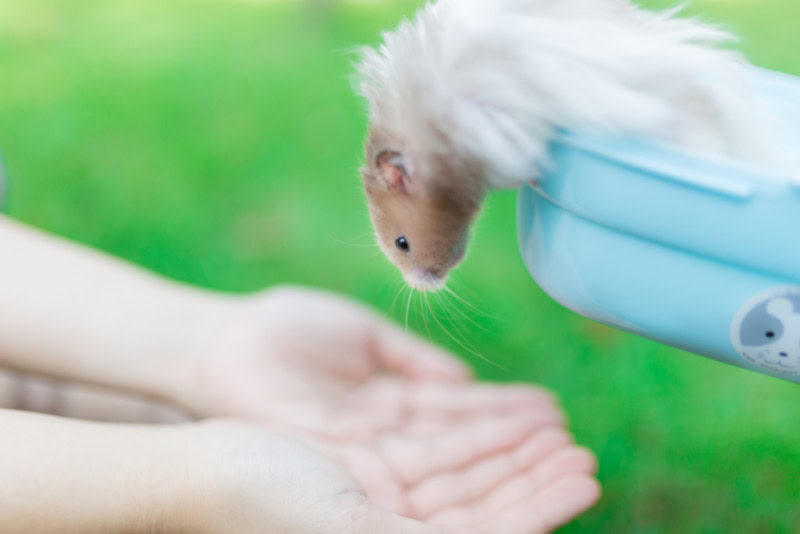
Bonding With Humans
While hamsters do not need the company of other hamsters, they are capable of forming a bond with their human caregivers. Unlike dogs or cats, hamsters may not actively seek out human interaction, but with patience and regular contact, they can become comfortable with their human caregivers.
Regular interaction, such as playtime outside of the cage or feeding, can help strengthen this bond. Talking softly to your hamster, letting it sniff your hand before picking it up, and offering treats from your hand are all ways to build trust and form a bond with your hamster.
However, it’s important to remember that each hamster is an individual with its own personality. Some might be more outgoing and receptive to human interaction, while others might be more reserved. As a pet owner, it is important to respect your hamster’s comfort level and never force interaction.

Keeping Your Hamster Healthy and Safe
Although hamsters don’t need a friend to be emotionally fulfilled, they do need other aspects of care to ensure they live a healthy and happy life.
Providing Ample Space
One of the fundamental aspects of maintaining your hamster’s health and safety is ensuring they have enough space. Hamsters are inherently territorial animals that require ample room for various activities such as moving around, burrowing, playing, eating, and sleeping. Therefore, a spacious cage with separate sections for different activities is essential. Owning and caring for a hamster involves a long-term commitment, including providing a suitable living environment.
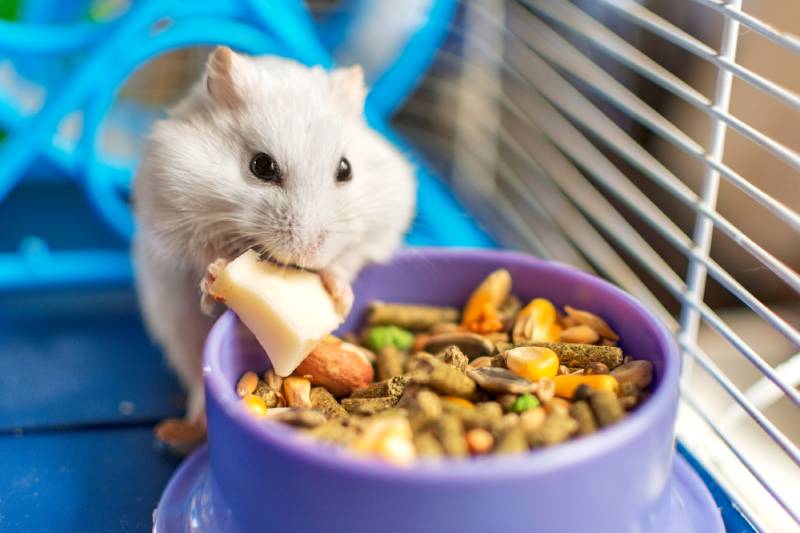
Feeding a Balanced Diet
A balanced diet is vital for your hamster’s health and safety. As a general rule, commercial pellets form a solid foundation for a hamster’s diet. This can be supplemented with other food items, such as hay and sources of animal protein (hamsters are omnivores). High sugar foods (including fruits) are not considered healthy for hamsters. It’s also important to ensure that fresh water is always accessible.
Providing Regular Exercise
Your hamster needs regular exercise to stay healthy. Hamsters are naturally active creatures, and an exercise wheel in their cage can provide an excellent outlet for their energy. Various hamster accessories are available on the market that can help keep your pet active and entertained.
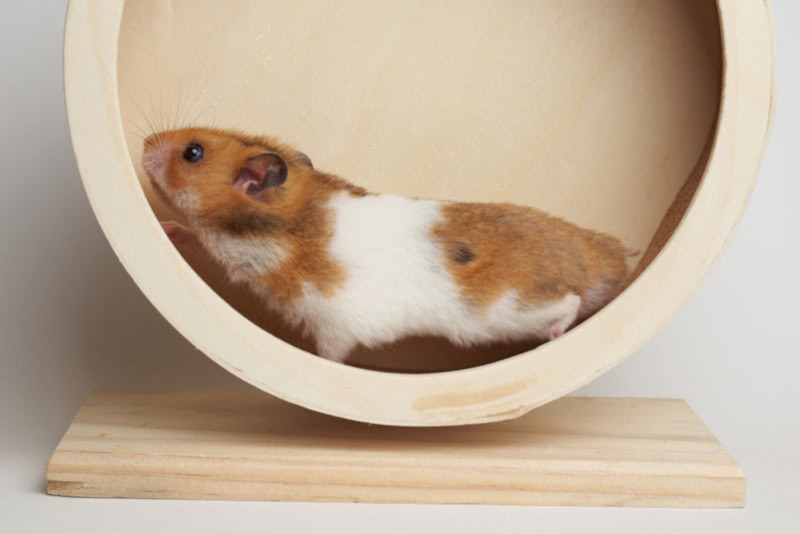
Doing Regular Vet Check-ups
Just like any other pet, your hamster requires regular vet check-ups to stay healthy. A vet can identify potential health issues early and provide the necessary treatment. Regular vet visits can confirm your hamster’s good health and address any concerns you may have regarding their well-being.
Additional Tips
- Include Plenty of Toys: Hamsters love to play! Toys such as tunnels, bridges, and chew toys can provide entertainment and help to keep their teeth in good condition.
- Maintain a Clean Environment: Regularly clean your hamster’s cage to keep it free from bacteria and odor. A clean environment is crucial to your hamster’s overall health.
- Create a Comfortable Sleeping Area: Hamsters love to burrow. Provide soft bedding in a quiet corner of the cage for them to snuggle into and sleep.
- Establish a Routine: Hamsters are creatures of habit. Try to feed, play, and clean at the same time each day to create a routine they can rely on.
- Respect Their Solitude: Remember that hamsters are solitary animals. Avoid introducing other hamsters into their space, as this can cause stress and aggression.
- Handle With Care: Regular, gentle handling can help build a bond between you and your hamster. Always be gentle and let them move at their own pace.
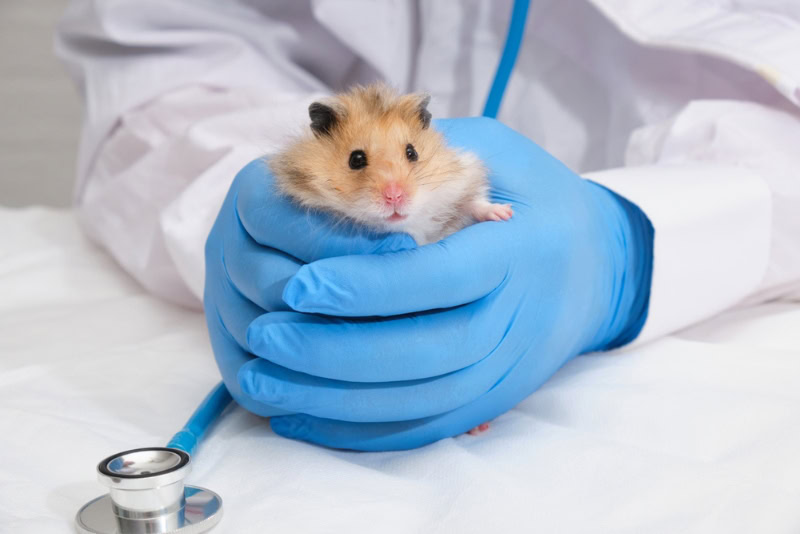

Conclusion
Hamster ownership can be a joyous experience, filled with adorable moments and unique behaviors. While they may not crave the company of their own kind, they can form a special bond with their human caregivers, providing endless delight in your life as a pet parent.
Featured Image Credit: FUN FUN PHOTO, Shutterstock
